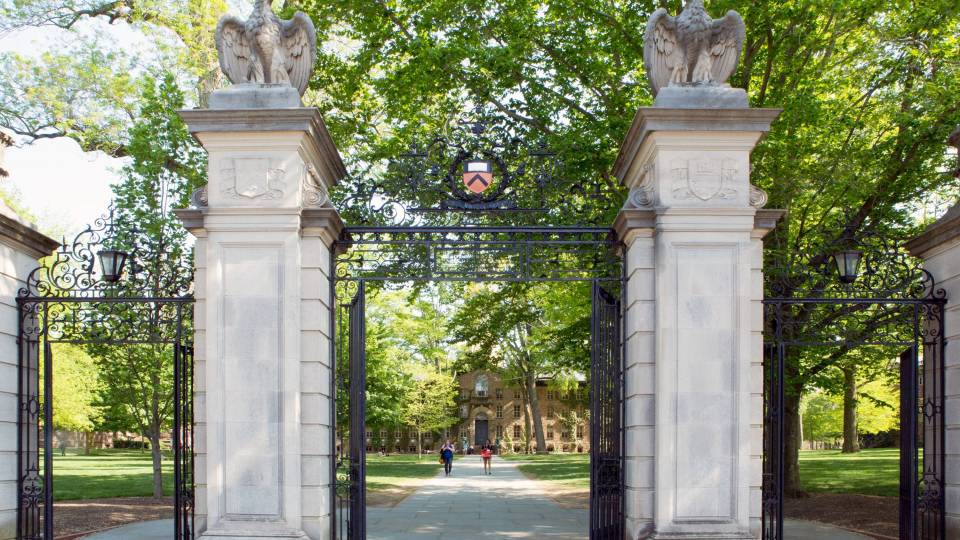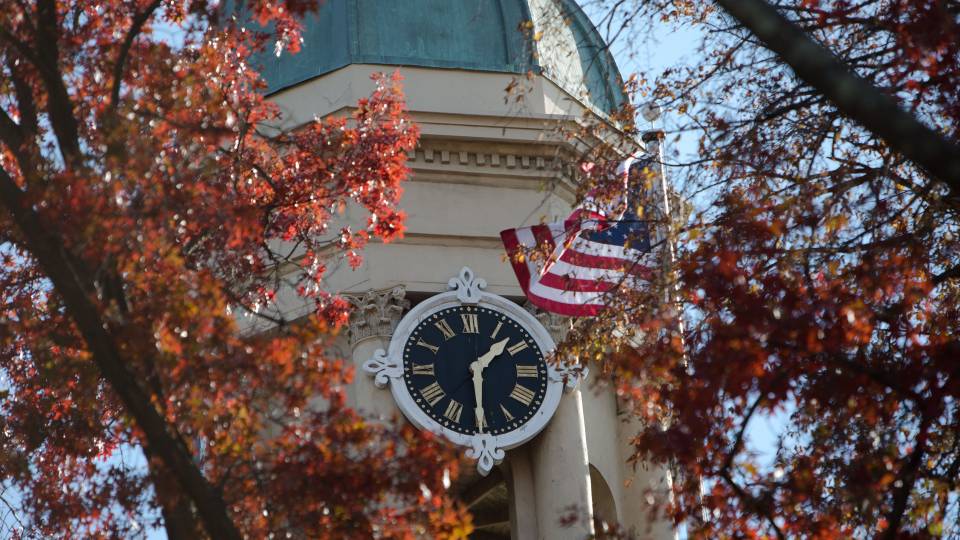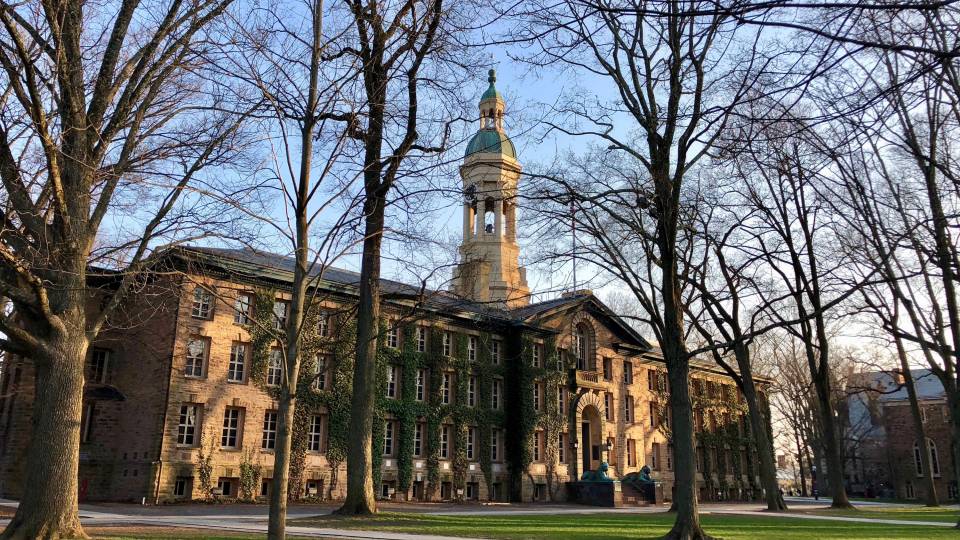Princeton joined 65 other colleges and universities on Friday, Dec. 21, in opposing a new federal policy that would impose harsh and retroactive immigration penalties for even innocent mistakes by international students, researchers and professors holding certain types of visas.
The colleges and universities submitted a friend-of-the-court brief in a lawsuit filed in October in U.S. District Court in North Carolina by Guilford College and four other plaintiffs against Secretary of Homeland Security Kirstjen Nielsen and others.
The new rule on F, J and M visas, which took effect in August, can shrink or eliminate the amount of notice international students receive even if they inadvertently fall out of legal status. That puts them in jeopardy of receiving a ban from the U.S. for three or 10 years without the opportunity to correct the error.
“The American higher education system is the world’s leading destination for international students and scholars,” the colleges and universities note in their amicus curiae brief. “These foreign students, researchers and professors make critically important contributions to academic communities across the country,” and they “have helped America’s colleges and universities become world leaders in essential fields of research that drive innovation and benefit society.
“Rules changes such as this make the United States a less welcoming place for international study and have a demonstrable impact on international interest in American higher education. Consequently, the new rule will be detrimental to both our institutions and the larger American economy.”
The brief argues that the new rule upsets the stability of the F, J and M visa programs and “needlessly exposes international students and exchange visitors to devastating reentry bans…. This new rule will harm international students and scholars, as well as the institutions which host them.”
Princeton’s participation in the brief follows several challenges President Christopher L. Eisgruber has made to recent changes and proposed changes to immigration policies and rules.
In March, Eisgruber spoke out in a letter to top federal officials against changes to the J-1 exchange visa and Optional Practical Training (OPT) programs. In February, Eisgruber wrote to members of Congress urging them to pass legislation that would provide legal status for immigrants from El Salvador, Haiti, Nicaragua and Sudan living in the United States under Temporary Protected Status (TPS).
He has also advocated for beneficiaries of the Deferred Action for Childhood Arrivals (DACA) program and those affected by Trump administration executive orders banning travel to the U.S. from certain Muslim-majority countries.






